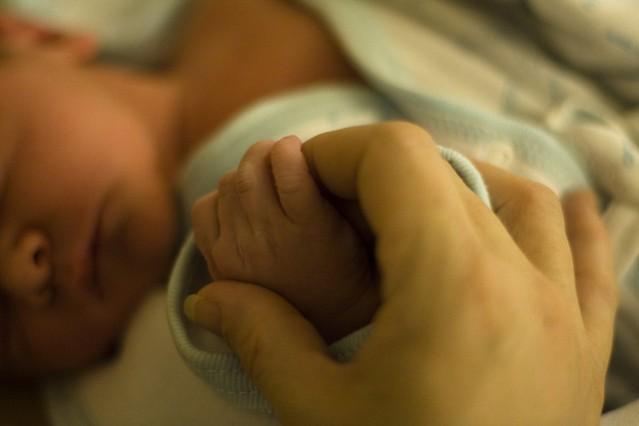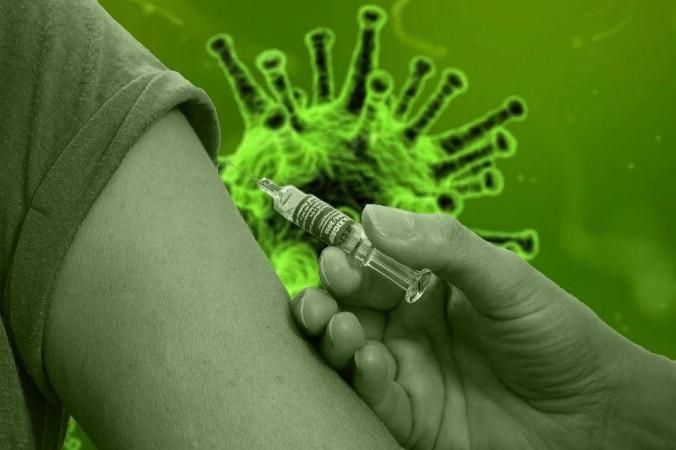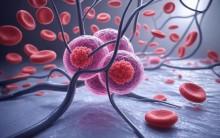It has been a standard medical practice of modern science to wait for specific data before any medicine can be authorised for use in pregnant and lactating women. A covid-19 vaccine has also had its fair share of both unfounded reservations and scientific research across countries.

It's a yes to lactating mothers
The latest guidelines for Covid-19 vaccination have addressed one of the long-pending issues of vaccinating lactating mothers. National Expert Group on Vaccine Administration for Covid-19 (NEGVAC) has issued recommendations to the effect and the Union Ministry of Health and Family Welfare has accepted them and announced on Saturday that all lactating mothers can get vaccinated against Covid-19 now.

Why should lactating mothers be vaccinated
At a time when India is still in the grip of the second wave of Covid-19 infection, its transmissibility still remains high and the virus is now affecting children too. Most of the arguments in favour of vaccine remain pretty standard. The World Health Organisation (WHO) maintains a cautious stance when it comes to vaccinating breastfeeding mothers.
"It is not yet clear whether Covid-19 vaccines can be excreted through breastfeeding. To determine the best course of action, the developmental and health benefits of breastfeeding should be considered along with the mother's clinical need for immunization against COVID-19. WHO does not recommend discontinuing breastfeeding after vaccination," it said as part of its guidelines for vaccinating lactating mothers.
Reservations about vaccinating new mothers
Many countries like the United States, UK and China have started vaccinating new mothers, after weighing the risks and benefits involved. A majority of reservations against the vaccine, even in India, has largely been due to the fact that no vaccine has been tested on lactating women for efficacy or side effects.
CDC on vaccinating lactating mothers
The US Centers for Disease Control and Prevention (CDC) mentions on its website that the vaccines have not been studied on lactating people, and there is no data available on the effects of vaccination on breastfed babies or effects on milk production.
However, at the same time, it says: "Based on how these vaccines work in the body, COVID-19 vaccines are thought not to be a risk to lactating people or their breastfeeding babies. Therefore, lactating people can receive a COVID-19 vaccine. Recent reports have shown that breastfeeding people who have received COVID-19 mRNA vaccines have antibodies in their breastmilk, which could help protect their babies. More data needed to determine what protection these antibodies may provide to the baby."
A small study but promising results
In a small study approved by the Beth Israel Deaconess Medical Center Institutional review board, 103 women who received a Covid-19 mRNA vaccine were studied. In the cohort study involving these women, 30 of them were pregnant, 16 were lactating. Immunogenicity was demonstrated in all and vaccine-elicited antibodies were found in infant cord blood and breast milk. Pregnant and non-pregnant vaccinated women developed cross-reactive immune responses against SARS-CoV 2 variants of concern.

















